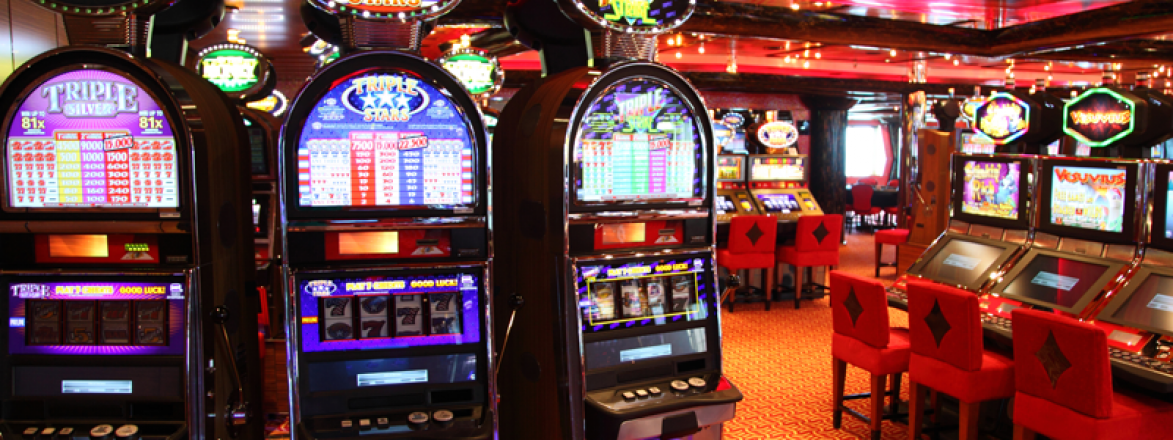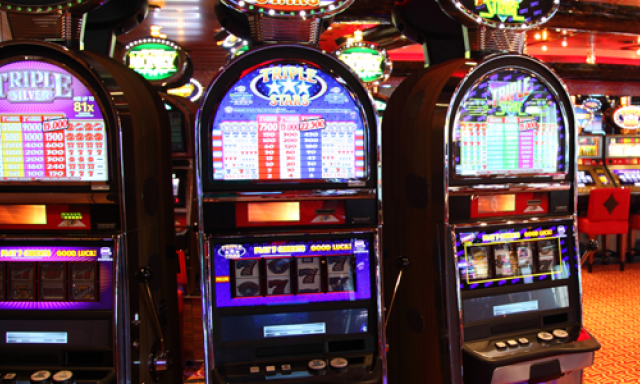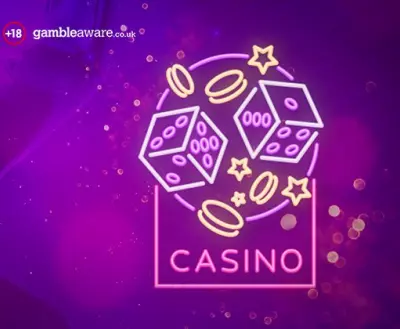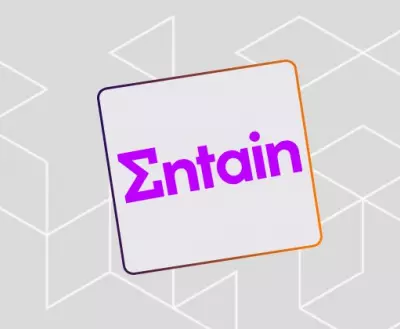If you follow gambling regulation long enough you’ll see the pendulum swing from liberal to restrictive and back again, as legislators look to balance competing electoral interests and voter sentiments.
Liberal gambling laws create steady revenue streams for state coffers, as well as providing consumers with the choice and flexibility to gamble as they please. But for some, gambling restrictions represent an easy target for picking up cheap votes, appealing to the prohibitionist instincts of some sectors of the electorate.
The Tasmanian Labor Party has become the latest to engage in this game of lashing out at gambling operators, under pressure from the Green Party at state level to clarify their position on the regulation of ‘pokies’ in the state’s pubs and clubs.
‘Pokies’, known internationally as slots and video poker machines, are found in their thousands across Tasmania, with some 2,300 machines to be found in the region. Already committed to reducing this number, pressure from opposing sides of the legislature has prompted the Labor party to finally commit to their ideal number of licensed machines – a big fat zero.
This is considered to go further than their previous commitment to reduce the number of pokies machines in Tasmania, and represents a move closer to the position demanded by the Greens.
Pokies machines in Tasmania are a monopoly, with the license currently held by the Federal Group until 2023. The current ruling Liberal Party advocated a very small decrease in the number of licensed pokies, as well as opening up the tender process on renewal to a wider field.
The Labor Party’s plans are designed to reflect their view that action is required, and that the “harmful impacts of poker machine gambling are widespread”. While it is true to some extent that pokies are implicated in a certain percentage of problem gambling cases, they remain the main driver of gambling revenues in Tasmania and across Australia more generally.
While the plans might be a cause for concern for the Federal Group, there are a number of hurdles in place which must be overcome first before the policy could materialise.
Firstly, the Labor Party would be required to win the election in March, and then act swiftly to notify the Federal Group of their intention not to renew their license by July. There is also the small matter of a AU$55 million fund that would be required to cushion the blow of lost revenues for the pubs and clubs involved, and to provide resources for retraining staff and realigning business models to contend with the venues’ cut.
It remains to be seen whether the proposals will hold appeal for voters in March, and to some extent, the position can be seen as an attempt to neutralise any electoral advantage that might move towards the Greens at the forthcoming election. However, the Labor Party’s calculus must also take into account the wishes of operators, and the fact that many consumers clearly enjoy the freedom and flexibility to gamble on pokies as part of their night out.
While picking on gambling operators works electorally in some cases, with few vocal supporters of more liberal approaches, this is the kind of legal measure that can easily alienate the silent majority. Worse, with a licensee already in place, in the form of the Federal Group, the decision not to renew the license effectively cements the position in law for a number of years to come, with all the potential for electoral and industry backlash that goes with it.
Nevertheless, for the Labor Party, there is hope that this could help them edge ahead in the forthcoming March plebiscite. How effective or otherwise the move proves in practice remains to be seen.







